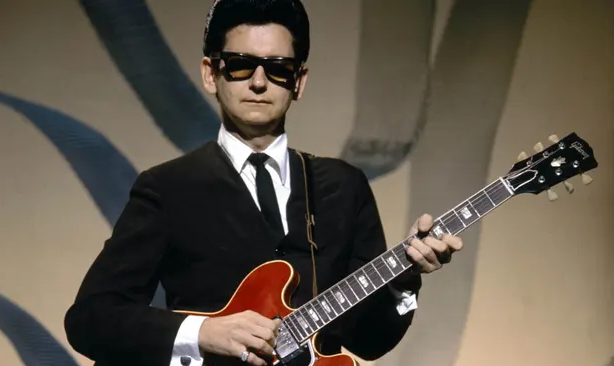The Eye Shield That Keeps the Grumps Away

If you’re in the Northern Hemisphere, our long wait seems to be finally over: spring is here and summer is rapidly approaching. All of that sunshine is likely to bring us some happiness, there’s some reason to believe that increases in exposure to sunshine help brighten our moods (and that has nothing to do with the fact that it’s also baseball season). But you probably shouldn’t overdo it in the sun. Wear sunscreen, stay hydrated, etc. — that’s all good advice to avoid sunburns, heatstroke, and the like.
And if that extra bit of happiness is your goal, you may want to don a pair of sunglasses, too.
Being frustrated, grumpy, etc. is part of life, and hopefully a temporary and short-lived aspect of our existence. But we’ve all been there, and when we are, it’s often an emotion that others can see just by looking at the frown on our faces. We purse our lips, scrunch our foreheads, furrow our eyebrows, and as a result, narrow our eyes. It’s a pretty basic example of cause-and-effect; being upset causes us to make that face. Or, in other words, our face is reacting to our emotions.
When we look toward the sun on a bright, sunny day, our faces tend to do the same thing. We squint our eyes to limit the amount of sunlight that we’re taking in, in part so that we can see where we’re going. That causes us to raise our cheeks and drop our eyebrows, which in turn leads to scrunched foreheads and pursed lips. We’re not unhappy — we are just trying to keep the sun out of our eyes. But it might not matter. We are, effectively, frowning.
And, according to a 2014 study, that’s enough to make us grumpy. Researchers surveyed “137 females aged 18-40 and 145 males aged 18-39” who were hanging out at the beach. The groups “were split between those wearing sunglasses and those not,” and “some walked with the sun behind and others with it in front.” The participants were asked to take a brief survey about their emotional state (without being told why), and the results were hardly sunny: “those against the sun reported more aggressiveness than those wearing sunglasses or those with the sun behind,” and this happened “despite the majority of participants reported being unaffected by the sunlight.” The authors concluded that “self-reported aggressiveness bore direct relation to the extent of their irritation from the sun in their eyes.”
What’s probably happening here? It seems like our brains are reversing cause and effect. When we’re upset, we frown. But when we have to deflect the glare of the sun, we also frown — and our brain assumes that frown is because we are similarly upset. And if our brain says we’re upset, well, it’s the boss: we get grumpy. And as Smithonian notes, that shouldn’t be all that surprising:
This idea that your facial expression can secretly change your mood isn’t new. Previous studies have suggested that even things like Botox can make you feel happier because you’re being forced to smile all the time. And the idea that frowning is related to the sun isn’t new either. Charles Darwin noticed the way that frowning helped to shade the eyes, writing in The Expression of the Emotions in Man and Animals: “The currogators, by their contraction, lower the eyebrows and bring them together, producing vertical furrows on the forehead—that is, a frown.”
So if you want to keep the grumps away, there’s an easy way to do so: put on some sunglasses. They’ll shield your eyes from the sun, keeping your forehead relaxed and your mood just where it should be.
Bonus fact: The musican pictured at the top of this email is Roy Orbison, best known for songs like “Oh, Pretty Woman” and “Only the Lonely.” For most of his career, when Orbison performed live, he did so wearing sunglasses, but it wasn’t intended to be a fashion statement. Orbison wore prescription glasses and also suffered from severe stage fright, and when opening for the Beatles one year, he left his glasses (the non-sunglasses variety) on the plane. His only backup pair were the sunglasses, so he went on stage wearing the shades. He realized that the shades not only helped him see but also helped with his stage fright, so he kept them as part of his attire going forward.
From the Archives: Seeing Red in the Henhouse: Why chickens are sometimes given red-tinted sunglasses. (A warning: this one involves blood.)
